The life story of Charles Herbert Lightoller is something that there is no way you could make up. He took part in three of the century’s most memorable maritime activities, and one that is straight out of a James Bond film — that is, if Bond was 65 and with his wife on their private boat.
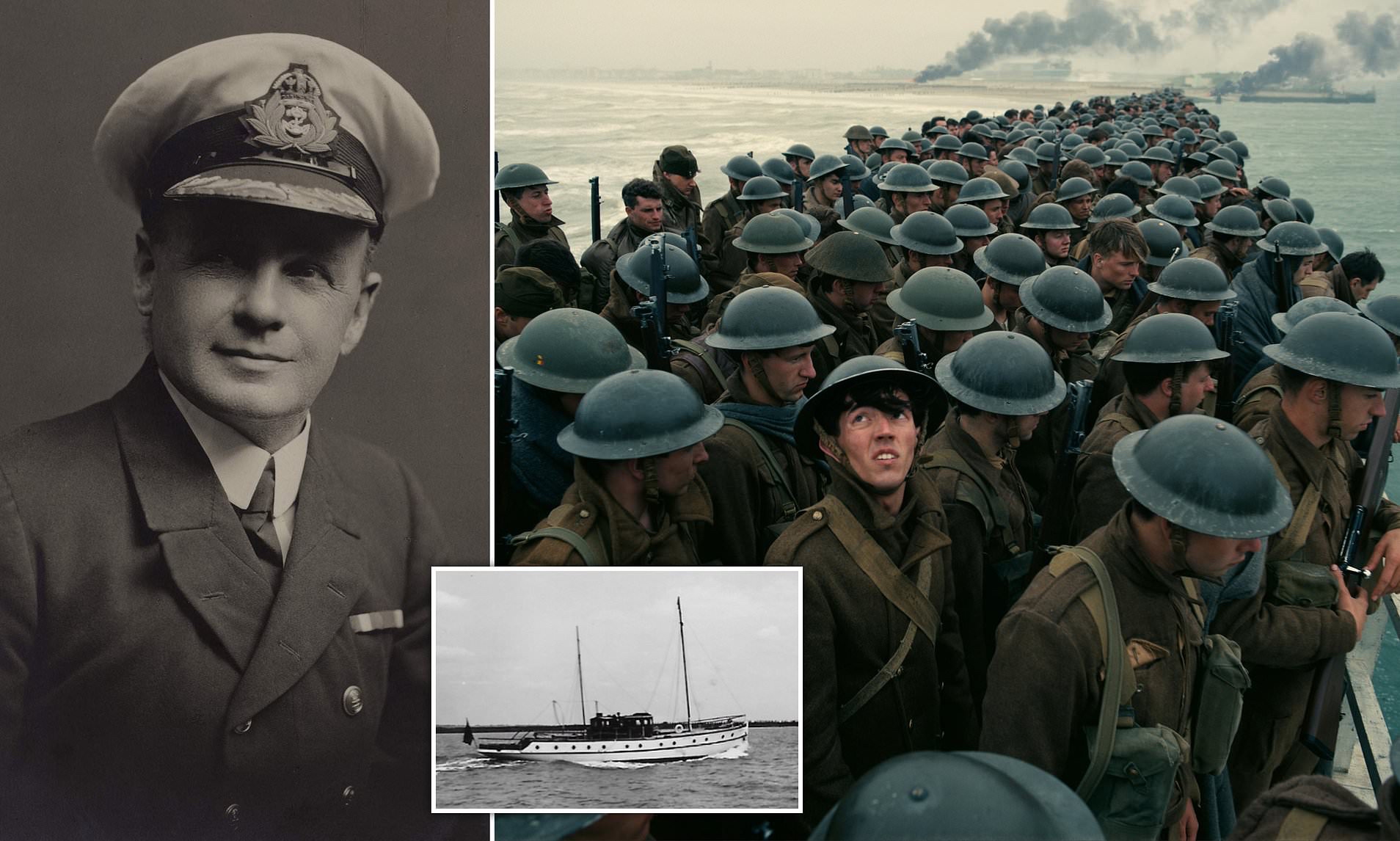
Charles Lightoller was born in Chorley, Lancashire, in 1874, and sailed for the first time at the age of thirteen. The Holt Hill, on which he was serving, ran aground in 1889, which was his first shipwreck at the age of 15. Before joining the White Star Line in 1900, Lightoller had a series of high-seas adventures during his childhood — overcoming cyclones, fires on board, and tropical diseases.
The White Star Line operated a fleet of ships between the United Kingdom, Australia, and the United States. On one of his visits from Australia, Lightoller would meet his wife, but it was on a trip to America that he would cement his place in history.
The RMS Titanic, the White Star Line’s supposedly unsinkable ocean liner, set sail from Southampton in 1912, with Charles Lightoller serving as the ship’s second officer. On the night of April 14th, Lightoller was already in bed after finishing his last rounds when he felt “a sudden vibrating jar pass through the ship”. After hearing that the water had already entered the mail room shortly after midnight, another officer reported to him that “we’ve struck an iceberg”, so Lightoller dressed and made his way to the deck. The ship was, as everyone now knows, completely unprepared for a tragedy of that magnitude. Even though Lightoller acknowledged that he was “fairly sure” that the Titanic would not sink, he knew that it was safer to be careful and prepared than risk the lives of the passengers who were now huddled on deck. To avoid a mass panic, he started forcing all the women and children into lifeboats and ensuring that his men-maintained order.
He cheerfully tried to convince the passengers that getting into the boats was merely “a precaution” and that “they were perfectly safe, as a ship was just a few miles away”. According to his account of that evening, he was most troubled by the band’s choice of music as they performed on deck in an effort to restore order, adding, “I don’t like jazz music in general, but I think it helped us all”.
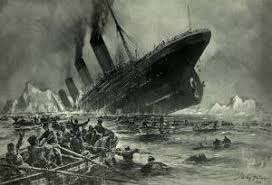
“Women and children first” was translated as “women and children only” by Charles Lightoller, who refused to let John Jacob Astor follow his wife onto a lifeboat, telling the millionaire that “no men are allowed in these boats before the women are loaded first”.
Lightoller and his fellow officers “all shook hands and said ‘Good-bye’” before seeing off the last lifeboat when it became apparent that the Titanic was doomed.
From the deck, Lightoller plunged into the freezing water, miraculously avoiding being sucked down with the huge boat. Until the survivors were rescued, he clung to an overturned lifeboat. Lightoller was the last person to be rescued from the Carpathia, and he was the highest-ranking officer to survive the disaster.
One would think that surviving the twentieth century’s worst maritime tragedy would bring Charles Lightoller back to shore for good, but his sea adventures were far from over.
During WWI, Charles served in the Royal Navy and was given command of his own torpedo boat. He was decorated twice for his fighting efforts (including sinking the German submarine UB-110) and rose to the rank of full naval commander by the end of the Great War.
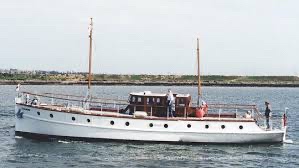
After the war, Lightoller retired, but he couldn’t fully abandon the sea. When the Germans started planning for war again, he and his wife purchased their own yacht, the Sundower, and spent the next decade cruising around northern Europe and carrying out the occasional covert surveillance mission for the Admiralty. The Royal Navy recruited the once retired veteran and his wife to carry out a series of secret missions, in an effort to obtain intelligence about the movements of the German army. The couple seemed to just be an elderly couple on vacation; it was the perfect cover. The Lightollers communicated any information they could gather and kept a watchful eye on the German coastline. She would sit on the deck of the boat and would pretend to be reading and drinking while keeping watch and he would be down below secretly taking notes and sketching the coastline.
When the war finally broke out in 1939, the Nazi war machine ripped through continental Europe, rebuffing the Allies at every turn. As France prepared to surrender, the British army, joined by French and Belgian forces, was caught between the sea and the Germans. Germany attacked in a last-ditch effort that could have ended the Western European theater of war in a single blow.
Winston Churchill and the British government devised a bold scheme to save the troops, which, if successful, would guarantee that their army would live to fight another day. On May 27th, 1940, civilian boat owners along the English coast started receiving phone calls from the government telling them that their boats were being requisitioned by the government to assist in the evacuation of Allied soldiers across the channel. When retired Commander Charles Lightoller got his phone call, he only had one condition: he decided to take the Sundower himself.
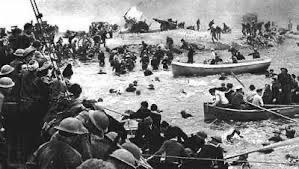
Charles Lightoller, now 66 years old, set out with his son Roger and Gerald Ashcroft, a teen Sea Scout. The Sundower paused en route to the beaches to rescue the crew of a motor cruiser that had caught fire before going on to pull 260 men aboard, all while dodging “quite a lot of attention from enemy aircraft”. “My God, mate!” exclaimed one astonished officer as the Sundower docked in England, watching the nearly endless stream of soldiers emerge from Lightoller boats. “Where did you bring them all?” says the narrator.
The adventures of Charles Lightoller during WWII would later serve as the basis for Mark Rylance’s role in Christopher Nolan’s critically acclaimed film Dunkirk.
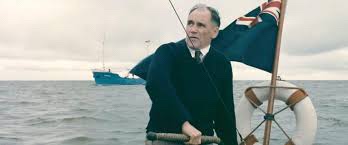


No mention of his reported orders to gun down U-Boat crew members attempting to surrender.
“Ain’t war HELL?”
GET SOME!!!
So he robbed the Astor’s of their father because of some silly chivalry? Most of the boats were not filled to capacity,why not let the family stay together?